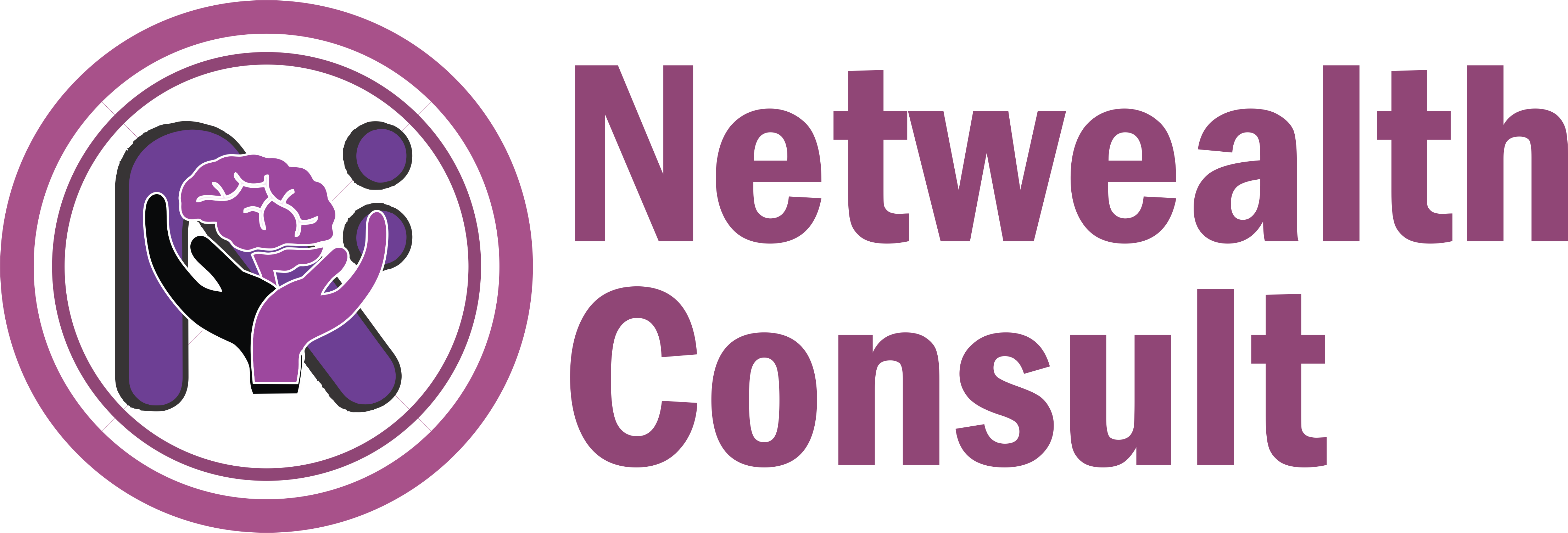Written by Mrs. Mary Idoko, Clinical Psychologist, Netwealth Medical Services and Rehabilitaton Center
More women are depressed than men, a research from the World Health Organization in 2023 highlights.
The research also revealed the increasing rate of depression in women, with 50% more women more likely to be depressed than men.
With depression numbers this high, and other mental health illnesses jostling for position on the ‘who kills faster’ list; there is an urgent need for conversations and solutions.
But what kinds of solutions are needed?
What can we possibly do to reduce the rate of depression in the world, and have a healthier world?
In this post, I will dissect depression, explaining what it means in the simplest of terms, and how you can better manage it if you’re dealing with it.
I’ll also share valuable and practical tips on how you can build mental and psychological resilience.
So, if you’re ready, let’s go on this journey together!

What is Depression?
Depression is a pervasive mental health disorder characterized by persistent feelings of sadness, hopelessness, and a lack of interest or pleasure in activities once enjoyed.
If that sounds like too much to handle at a time, not to worry, I’ve got you. I’ll break it down for you.
Have you ever felt like nothing in your life will work?
Like you’re surrounded by this thick, impenetrable sadness that makes everything worthless?
The feeling makes you want to do nothing, say nothing, and be nothing.
It feels like your world is caving in, like you have nothing to be happy or optimistic about.
Now, that is how depression feels for some people.
For you, it might feel different.

But the main – and relatable feeling is: you don’t like the things and people and places you used to like; you want to be alone.
Depression is more than just a temporary mood swing
Difference Between Depression and Mood Swings
While mood swings are changes in moods, vacillating between happy and sad for short periods of time, depression is deeper and takes longer.
The sadness you feel when depressed can last between two weeks to one month, and for some people, it lasts way longer.

Difference Between Depression and Mood Swings
| Aspect | Depression | Mood Swings |
| Duration | Symptoms persist for weeks, months, or years. | Mood changes are short-lived (hours or days). |
| Intensity | Persistent and severe, often debilitating. | Fluctuations are mild to moderate. |
| Triggers | May occur without an obvious external trigger. | Often linked to specific events or stressors. |
| Impact on Life | Significantly impairs daily functioning (work, relationships, self-care). | Usually does not severely disrupt daily life. |
| Emotional State | Dominated by sadness, hopelessness, and emptiness. | Alternates between positive and negative emotions. |
| Physical Symptoms | Includes fatigue, sleep disturbances, and appetite changes. | Rarely accompanied by physical symptoms. |
| Treatment | Requires therapy, medication, or lifestyle changes. | May not require treatment; often managed with self-care. |

Depression has myriad effects on people, with 800,000 suicide deaths annually caused by depression, and the World Health Organization reporting that depression is the leading cause of disability worldwide, affecting more than 264 million people globally.
These numbers are damning as they are cause for concern, not only to governments around the world, but also to private businesses and corporations.
However, these issues would be glossed over and their solutions skimmed through if we don’t know the symptoms to look out for.

Symptoms of Depression
The symptoms of depression can vary from person to person, but common signs include:
- Emotional Symptoms: Persistent sadness, anxiety, or feelings of emptiness. Individuals may also experience irritability and feelings of guilt or worthlessness.
- Cognitive Symptoms: Difficulty concentrating, making decisions, or remembering details. Some may experience negative thoughts or an inability to see a positive future.
- Physical Symptoms: Changes in appetite and weight, sleep disturbances (insomnia or oversleeping), fatigue, and unexplained aches or pains.
- Behavioral Symptoms: Withdrawal from social interactions, loss of interest in previously enjoyed activities, and a decline in work or academic performance.
Causes of Depression
Depression can arise from a complex interplay of genetic, biological, environmental, and psychological factors. Some potential causes include:
- Genetic Predisposition: A family history of depression can increase the risk, suggesting a hereditary component.
- Chemical Imbalances: Neurotransmitters, such as serotonin and dopamine, play a crucial role in mood regulation. Imbalances in these chemicals can contribute to depression.
- Stressful Life Events: Trauma, loss of a loved one, financial problems, or major life changes can trigger depressive episodes.
- Chronic Illness: Living with a chronic condition, such as diabetes or heart disease, can increase vulnerability to depression.

Treatment Options
Fortunately, depression is a treatable condition. Several effective treatment options exist, often used in combination for optimal results:
- Psychotherapy: Also known as talk therapy, this approach involves working with a mental health professional to identify and change negative thought patterns and behaviors. Cognitive-behavioral therapy (CBT) is particularly effective in treating depression.
- Medication: Antidepressants can help balance chemicals in the brain. Common types include selective serotonin reuptake inhibitors (SSRIs) and serotonin-norepinephrine reuptake inhibitors (SNRIs). It’s important to consult a healthcare provider to determine the best medication for individual needs.
- Lifestyle Changes: Regular exercise, a balanced diet, adequate sleep, and mindfulness practices like meditation or yoga can positively impact mental health. Establishing a routine and setting small, achievable goals can also be beneficial.
- Support Networks: Engaging with friends, family, or support groups can provide emotional support and reduce feelings of isolation. Sharing experiences with others who understand can be comforting.
These strategies are tested and trusted ways to treat depression, and at NetWealth medical center, we offer you the best these treatment methods, ensuring you live a happy and successful life.
Conclusion
Understanding depression is crucial for breaking the stigma associated with mental health issues. Early recognition and intervention are key to managing depression. It’s important for those experiencing symptoms to seek professional help and support from loved ones. With proper care, many individuals can regain control of their lives and experience long-term improvement in their mental well-being.
If you or someone you know is experiencing symptoms of depression, reaching out to a healthcare professional is a vital step toward recovery.

